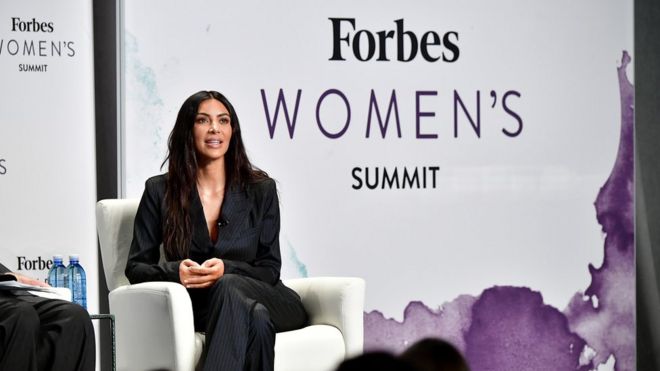
Editor’s note: AJ Redmer is the region head of North America Studios and VP of gumi Inc.
Asia has inspired and dominated the
global video-game market since the past decade and has given no sign of
relinquishing its throne. Japan and China represent two of the top three video-game markets in the world, and the Asia-Pacific region generated $12.2 billion in mobile game revenue in 2014, as compared to $4.9 billion and $3.2 billion for North America and Western Europe, respectively.
These staggering numbers are partly the result of
supportive local ecosystems for game development, which encourage both
large corporations and independent developers to thrive. For instance,
Tencent had more revenue than Activision-Blizzard in 2013 thanks to its majority ownership of Riot Games, maker of League of Legends.
South Korea alone has four mobile game companies that are part of the billion dollar valuation club (Com2uS, BCSoft, Nexon and Smilegate), and 80,000 Chinese app developers released a staggering 100 games daily
in 2013. Also keep in mind that Japanese telecom giant SoftBank owns a
majority of Finland-founded Supercell, and Tencent bought 40 percent of
Epic Games, which is based in North Carolina.
These companies have met with tremendous success due largely to innovative mobile-first strategies. Let’s take a look at some clever Asian mobile game mechanics that I predict will influence how the rest of the world plays.
Chatting to the Top of the Charts
The competition among messaging apps in Asia is fierce. A “wicked chat war”
is brewing among a handful of powerful companies to win the “hearts and
devices” of the region’s 4.4 billion potential users. The contenders
include China’s WeChat, Japan’s Line, South Korea’s Kakao Talk, and WhatsApp, which is now owned by Facebook.
In an effort to win this battle, each of these companies is
expanding their scope beyond simple (and free) chat functionalities by
offering a slew of social networking and entertainment features. The
ultimate goal is to become a portal for other types of mobile services that present better monetization opportunities — like games.
Games work well in chat apps because they can easily
leverage social mechanics to bring people into the games, and have the
bonus of a built-in audience. A prime example of this is Candy Crush
prompting players to send invitations to their friends so they can get
more in-game play time. Another benefit is that games increase time
spent in chat apps.
WeChat, Kakao Talk, and Line have all integrated mobile games into their messaging platforms and seen results. Line revealed last year that the biggest source of its revenue are free-to-play games that make money from in-game purchases, and Kakao Talk earned $54 million
off games in the third quarter of 2014. It’s only a matter of time
before Western companies try to recreate the success of their Asian
counterparts.
Proximity Gaming
To put it simply, there are a lot of games out there. Discoverability is one of the biggest concerns and biggest hurdles for app developers today,
and many are willing to go to great lengths to break through the noise.
In Asian markets, location is proving to be a powerful tool for helping
people discover new and relevant games. The Chinese flirting app Momo shows what games people nearby are playing. It currently claims 180.3 million users in China and 60.2 million monthly active users, and it expanded its user base by 160 percent in a year. It’s also worth $3 billion.
Enabling people to connect via proximity is one of the
major “secrets” of Momo’s success. Leveraging location is also a
brilliant way to keep your finger on the latest commute boredom-buster
and provide that ‘crowded room’ atmosphere that makes gaming feel like a communal activity rather than a solitary diversion.
Soon, we will start to see more apps in the West harness
these powerful network effects by adding the ability to chat and
interact with people nearby, gather info on local events, etc. This
strategy increases discoverability and helps developers create a vibrant
and growing community around their apps.
Kickstarting New Gaming Levels Via Crowd Downloads
The old adage “a rising tide lifts all boats” can be applied to mobile
gaming. The basic idea here is to get every player invested in a game’s
success by tying unlocks to download numbers. This great innovation
comes from Hironobu Sakaguchi, creator of Final Fantasy. His mobile game Terra Battle introduced a novel promotional plan he refers to as a “download-starter” (à la Kickstarter).
This means that in order to unlock additional content, the
game has to reach certain download milestones. The more people play, the
better the game gets with new music, new storylines and new characters —
and new missions emerge. Every player thus becomes highly motivated to
promote the game.
Certainly, Sakaguchi’s pedigree helped get this game on the
map in the first place, and the team did an outstanding job of
executing this approach by pulling in well-known composers,
illustrators, etc. to drum up excitement. However, that’s not to say
that other games couldn’t also reap the benefits of this strategy.
What other new innovations are inspiring the world, and will Asia continue to dominate the industry?












